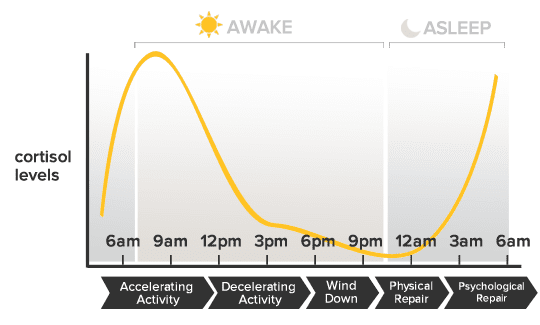ecstatichamster
Member
- Joined
- Nov 21, 2015
- Messages
- 10,515
I wake up now and feel an adrenaline reaction. I drink some OJ and collagen, maybe take a tiny bit of T3, and all is fine for awhile.
I think my cortisol is too low at night, and adrenaline kicks in to maintain blood sugar.
Any ideas are appreciated. One thing that I think has caused this is I eat the ground mushrooms before bedtime. Maybe I should do that in the afternoon.
I think my cortisol is too low at night, and adrenaline kicks in to maintain blood sugar.
Any ideas are appreciated. One thing that I think has caused this is I eat the ground mushrooms before bedtime. Maybe I should do that in the afternoon.

